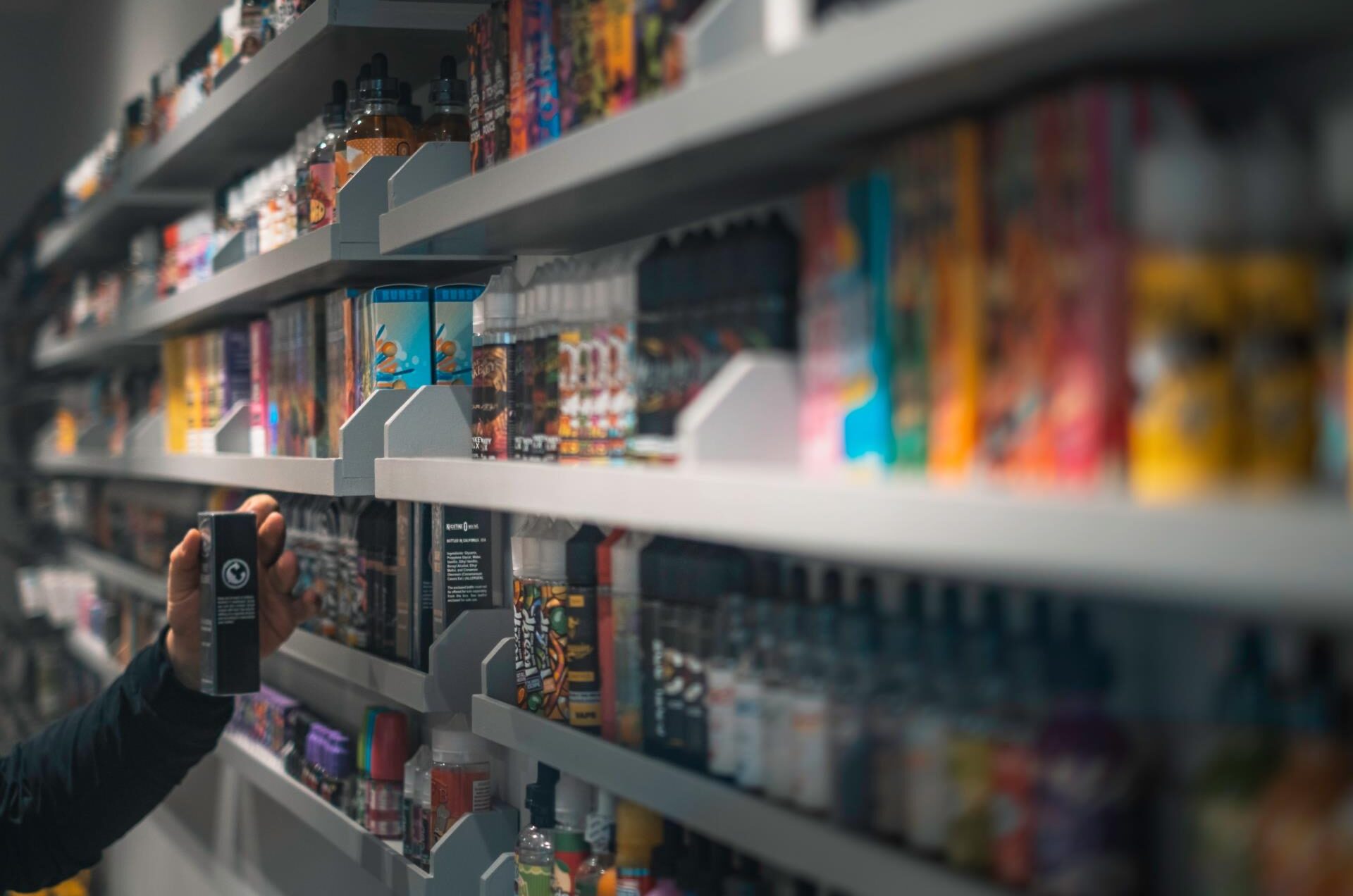On August 1, Venezuela banned vapes and heated tobacco products. Vape shops have been rapidly shuttering, with owners fearing penalties if they attempt to stay open; one vape shop manager told the Associated Press that over 5,000 people were unemployed within days.
The ban applies to a a litany of contexts including personal use, manufacturing, importation and distribution. President Nicolás Maduro had called for an evaluation of such a ban in June, claiming that vapes are “harmful to health, and make the lungs and bronchial tubes sick.”
In the wake of the announcement, the Venezuelan health ministry claimed that current research shows that vapes—with or without nicotine—”contain totally toxic substances that cause addiction and are harmful to health, increase the risk of heart disease and lung disorders, among other pathologies.”
All of these claims are either unsupported by evidence or misleading because they make no reference to the scale of risk. Critically, they make no comparison to the exponentially greater harms of cigarettes, for which nicotine vapes are typically substituted. Combustible tobacco is estimated to cause over 17,000 deaths in Venezuela each year.
The ministry’s statement, after paragraphs mentioning vapes, heated tobacco products and cigarette smoke, declared: “These products are a risk factor and are among the 10 main causes of death worldwide.” The phrasing deceptively conflates harm reduction options with the tobacco smoke that causes 8 million annual deaths.
Vape bans have been steadily creeping across Latin America, with Venezuela joining Mexico, Argentina, Panama and my home country, Brazil.
This tale is one harm reductionists know well: Prohibition does not work.
For the past several decades, smoking prevalence in Brazil has been decreasing. While nearly 35 percent of adults were estimated to smoke combustable cigarettes in 1989, by 2019 that figure had dropped to 12.6 percent.
Vaping prevalence in Brazil, meanwhile, has been rapidly increasing—despite vapes being illegal since 2009. Some estimates show sales of the unregulated devices quadrupling between 2018 and 2022, while the Brazilian Federal Revenue Service ramps up seizures accordingly.
This tale is one that harm reductionists know well: Prohibition does not work. Criminalizing a banned substance (or mechanism of substance-delivery) never stops the public from using it, but fuels an unregulated market that makes using it much more dangerous.
“Unregulated vapes are sold everywhere,” Alexandro Lucian, Brazilian journalist and vaping advocate, told Filter in Portuguese. “In front of nightclubs, in the surroundings of bus and underground stations, in tobacco shops.”
In 2015, Lucian was smoking three packs of cigarettes a day and had been trying to quit for years. Gums, patches, therapy—nothing made a difference. Then he bought his first vape and never looked back. He launched Vapor Aqui (“Vapor here,” with a double meaning when read as Vá por aqui—“Go this way”) that same year. What began as a blog sharing his personal journey has become the premier Portuguese-language source of tobacco harm reduction (THR) journalism, and led to Lucian co-founding the Directory of Information for the Reduction of Harms from Tobacco Use in 2021.
“People who use vapes in Brazil have no idea what’s inside the device.”
“People who use vapes in Brazil have no idea what’s inside the device,” Lucian said. “Proper harm reduction [means] a regulated market, where I know how it is manufactured and what is its chemical composition.”
“Substituting regular cigarettes for vapes is a great step towards harm reduction—and I mean, again, regulated vapes,” Lucian said.
In July, United Kingdom charity Action on Smoking and Health (ASH) opposed a disposable vape ban on the grounds that it would “turbo-charge” sales of illicit products—which, it stated, have been “found to contain all sorts of toxic chemicals banned in legal products.”
THR advocates in Latin America face administrations that are doubling down on abstinence. Brazil’s National Academy of Medicine opposes legal regulation of vapes, claiming they enable “a new and more powerful form of dependence.” In 2022, the board of Brazil’s National Health Regulatory Agency (ANVISA) unanimously decided to uphold the country’s vape ban. They justified this with a series of false claims, saying that vapes are not shown to reduce harm and are a “gateway” to cigarette smoking for young people.
Venezuelan officials additionally targeted heated tobacco products. “Conventional Heated Tobacco products [contain additional] toxic substances that are found at higher levels than in the smoke originated from burning tobacco, such as glycidol, pyridine, dimethyl trisulfide, acetoin, and methylglyoxal, which are not present in conventional cigarette smoke,” the health ministry stated.
In fact, vapor from heated tobacco products is consistently shown to contain fewer toxins than cigarette smoke. The United States Food and Drug Administration has authorized one brand to be marketed as “modified risk.” And countries such as Japan have seen cigarette sales plummet after heated tobacco products were made widely available.
“The core element of the tobacco harm reduction approach is this humbleness, this realistic perception that we don’t live in an ideal world,” Lucian said. “We must swallow our pride if we don’t want people to do things that are hazardous to their health, and understand that next year there’ll still be millions of people smoking cigarettes. We cannot expect to eliminate the harm caused by tobacco use overnight, but we can start to reduce a huge portion of this damage today by [regulating] vapes.”
Photograph via City of Glendale, California





Show Comments